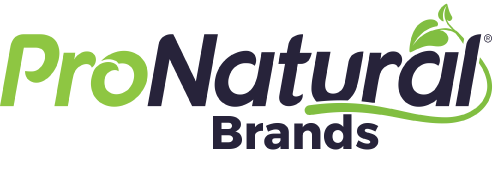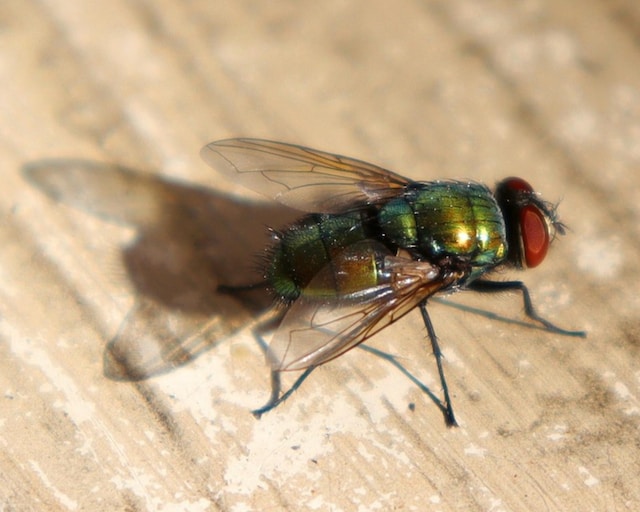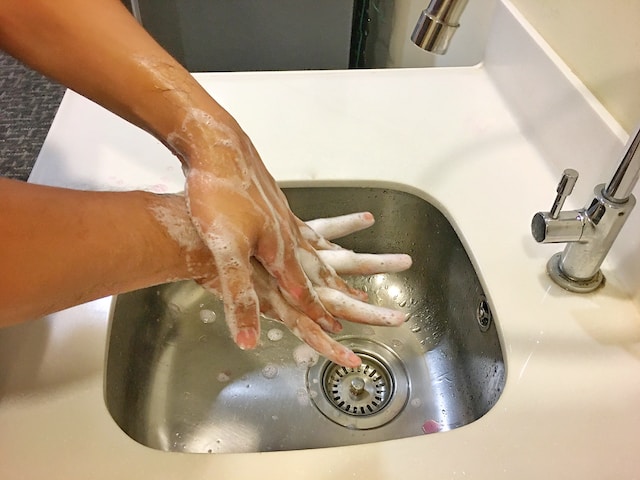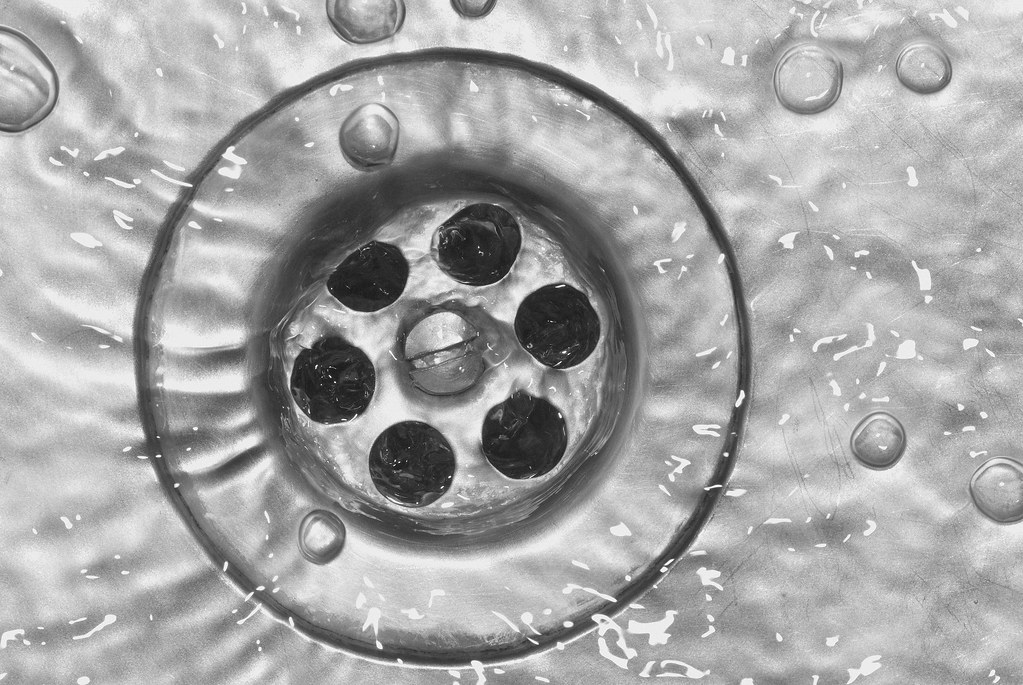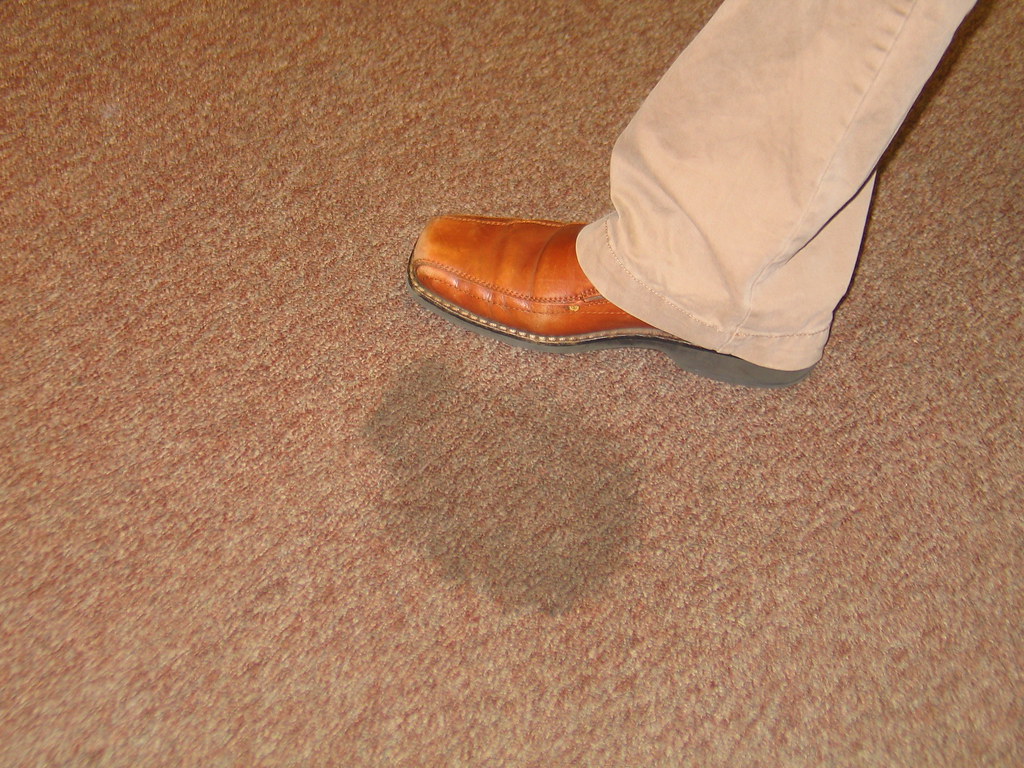Grease build-up in a commercial kitchen is unhealthy,
increasing the chances…it will be shut down.
Most commercial kitchens share one thing in common: grease.
Grease and oil build-up on floors, walls, appliances, and countertops is an unpleasant fact in commercial kitchens.
“This poses several risks for restaurants, cafeterias, and food manufacturing facilities,” according to Lee Chen, President and COO of ProNatural Brands, LLC, manufacturers of natural, sustainable, citric acid-based cleaning solutions designed to protect human health and the environment.
Among those risks are the following:
Fire. Grease is flammable.
Injury. Grease build-up on floors makes them very slippery.
Blockage. When heated, grease flows down drains. But as it cools, it solidifies, causing severe drain blockage.
Fines. Grease build-up in a commercial kitchen is unhealthy, increasing the chances that health inspectors will fine the restaurant or shut it down entirely.
Infestation. Grease build-up attracts rodents and insects, creating serious sanitation issues.
To prevent these risks, Chen suggests cleaning professionals select powerful – but safe – degreasers.
“Degreasers target oil and grease on kitchen surfaces, helping dissolve it so it can be wiped or scrubbed away. But these are potentially dangerous cleaning solutions. Select non-toxic degreasers with minimal environmental toxicity, no VOCs, and which are biodegradable.”
Additionally, Chen suggests the following:
- Read the manufacturer’s instructions before using a degreaser. Not all degreasers are used the same way.
- Always give the product a few minutes to act on the surface; this will save time overall.
- Never mix degreasers with other types of cleaning solutions.
- Typically, degreasers are non-corrosive, but if using a new brand, try it in a few locations first to make sure.
- Traditional degreasers can release fumes that can burn skin and eyes. Make sure safety precautions are in place.
- Verify what ingredients are used to make the degreaser. A traditional degreaser may contain potentially harmful ingredients. A citric-acid degreaser will have few, if any.
With these points in mind, Chen also says, “Something else to consider is residue. Traditional degreasers may leave a chemical residue on surfaces that attracts soil and contaminants. A less toxic or citric acid degreaser is more likely to be residue-free.”
About ProNatural Brands
Since its beginning in 2012, ProNatural Brands has developed a full line of 100% naturally derived disinfectants, sanitizers, and cleaning products with patented, citrus formulas for the foodservice, healthcare, education, and hospitality industries, as well as for the consumer market. ProNatural Brand’s products have been scientifically proven to be effective and a safer alternative for the user’s health and the environment.
